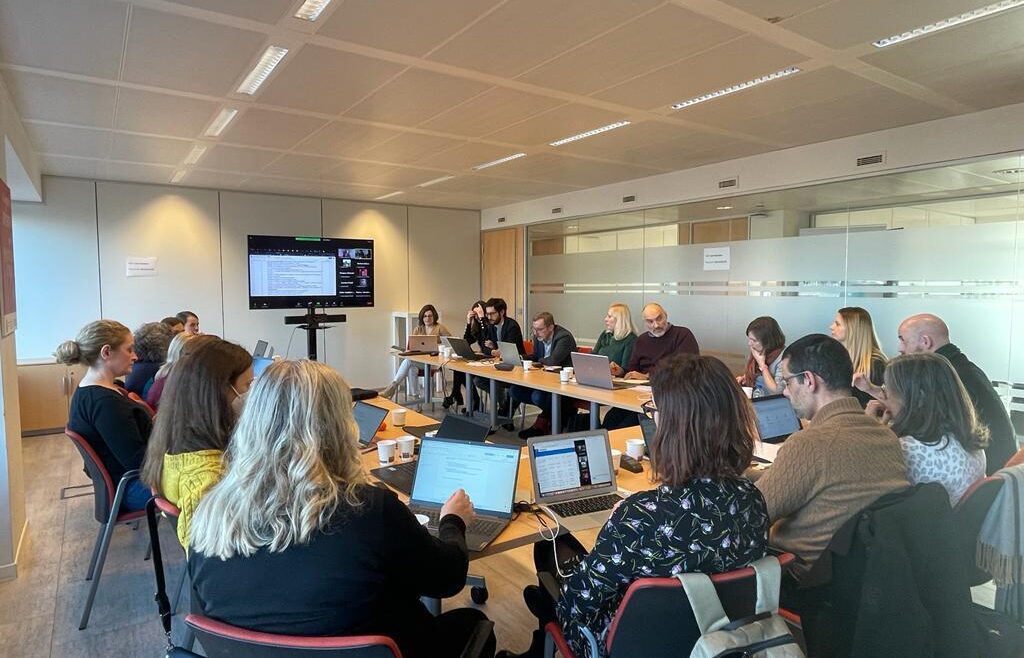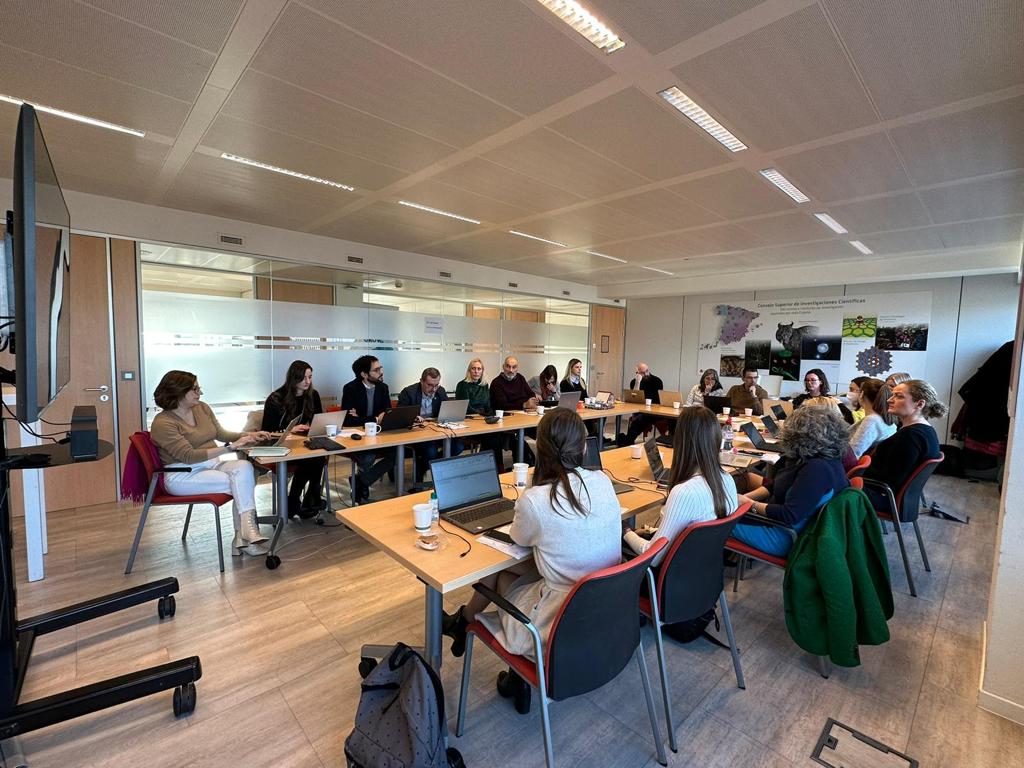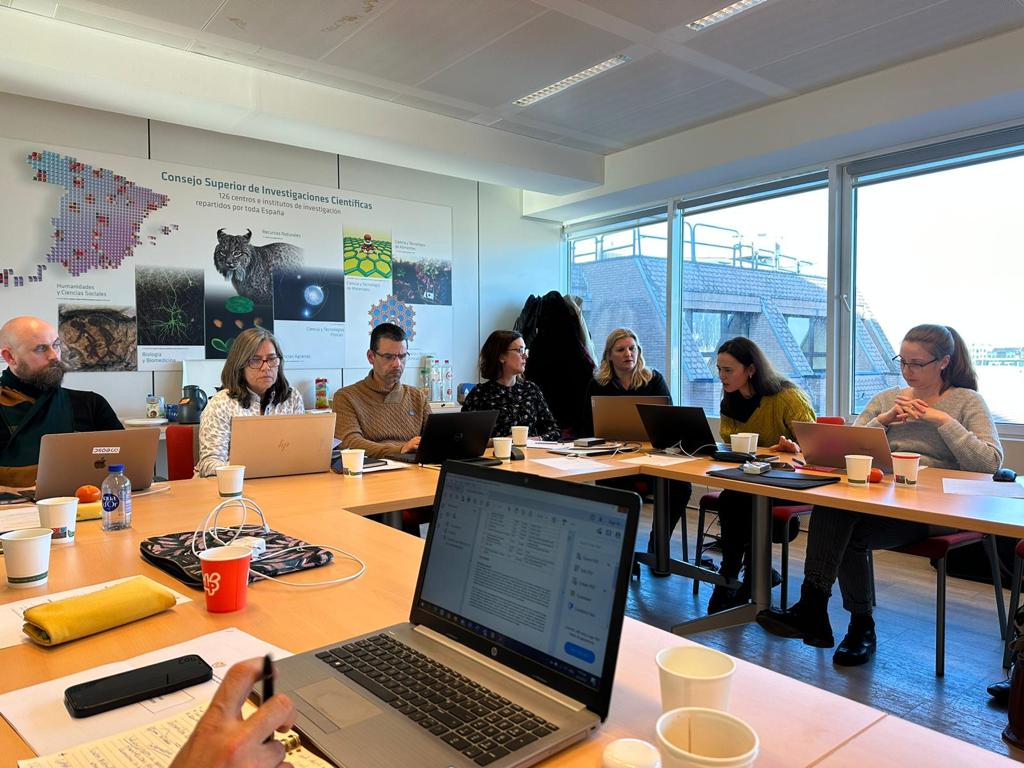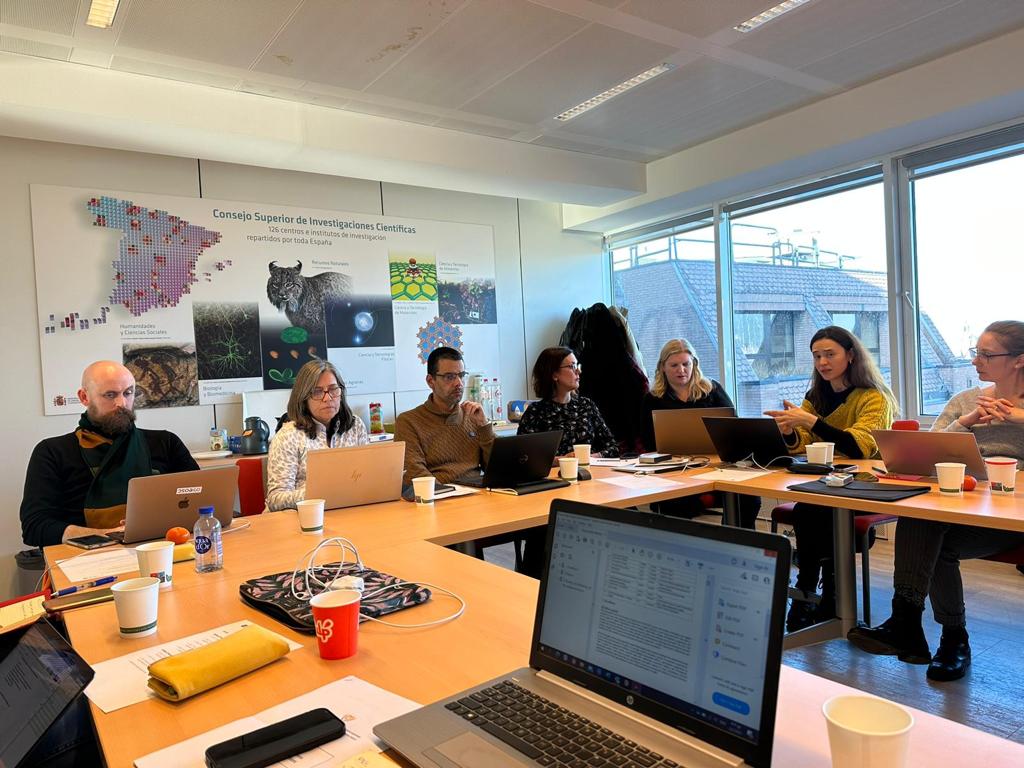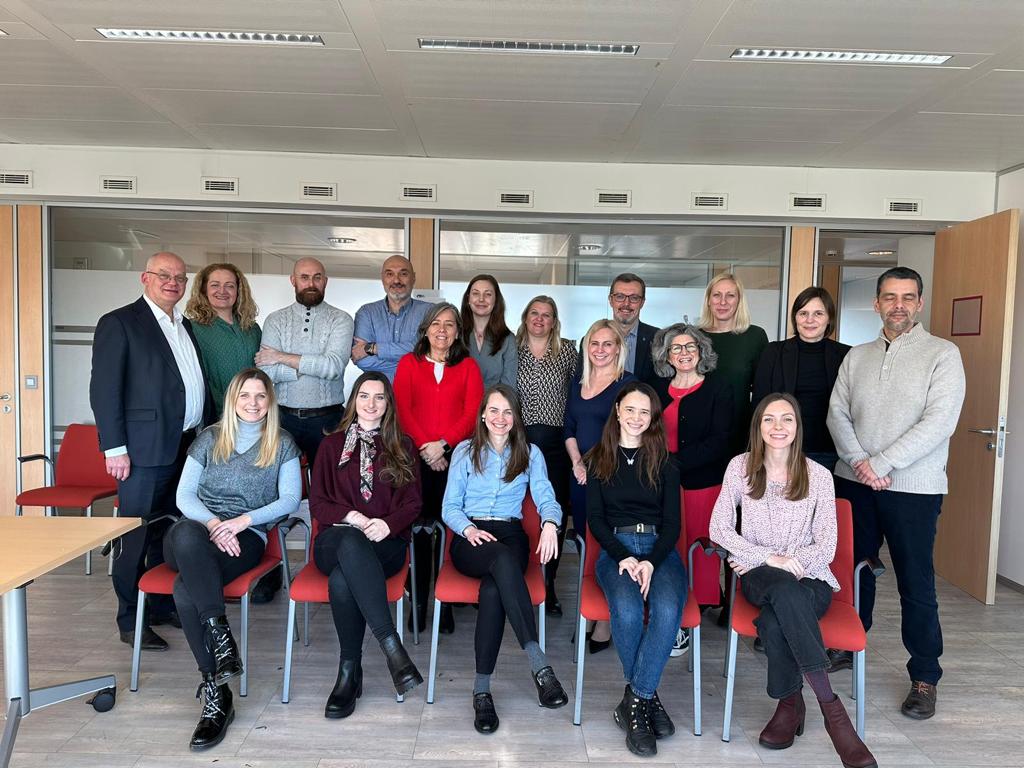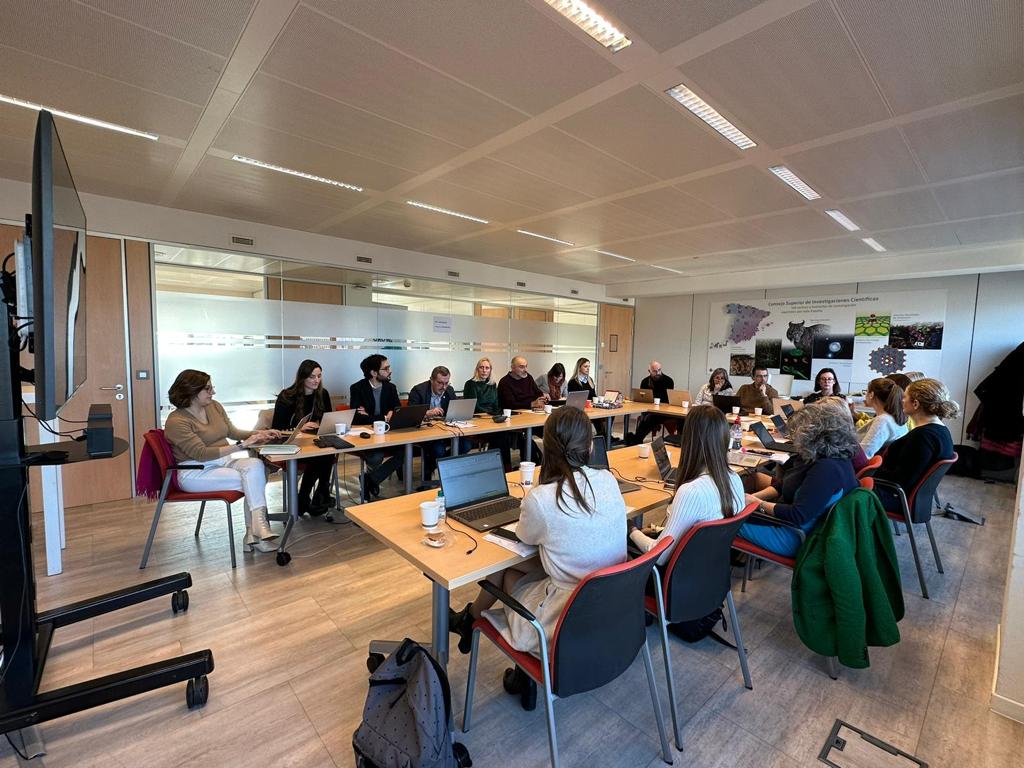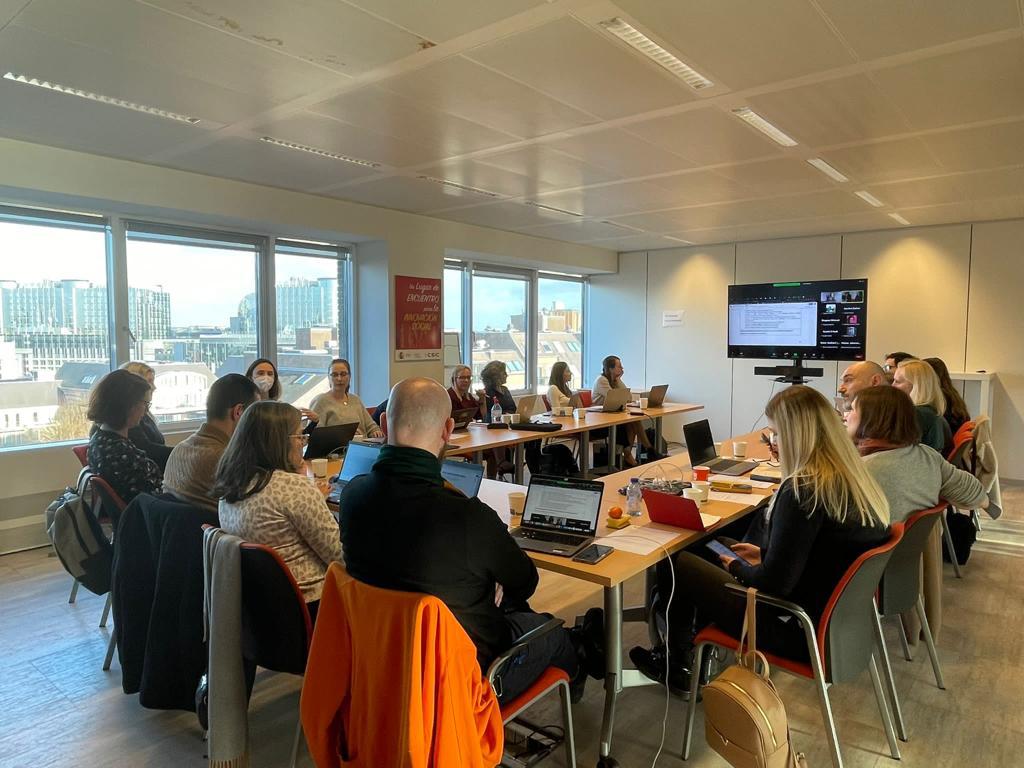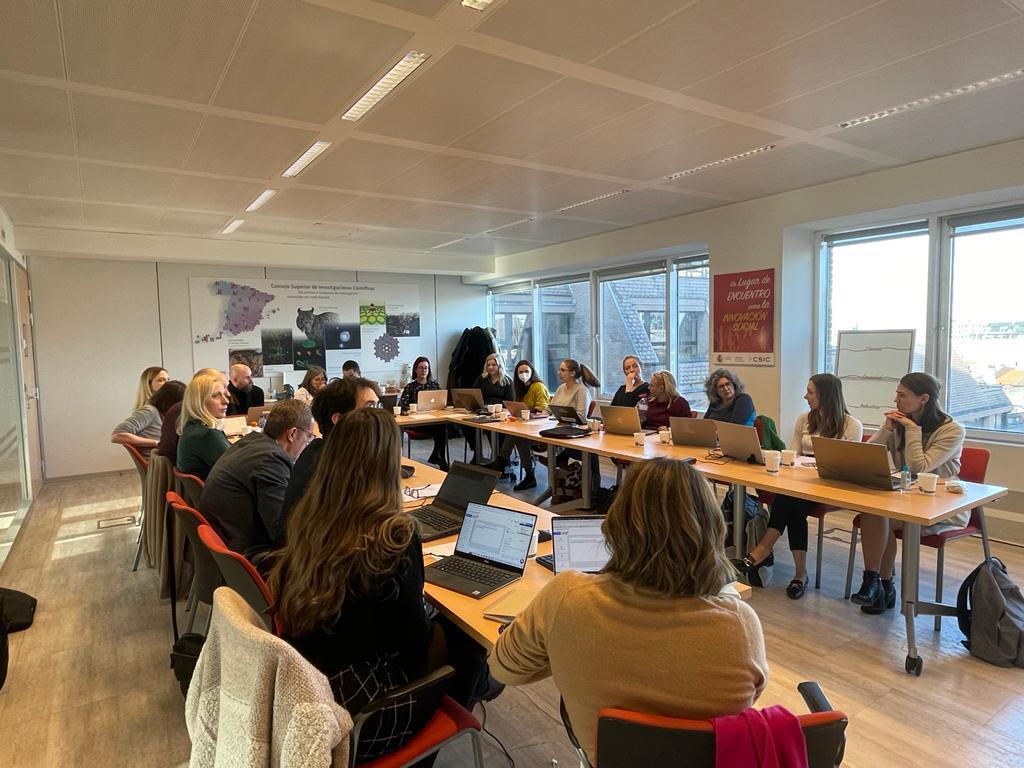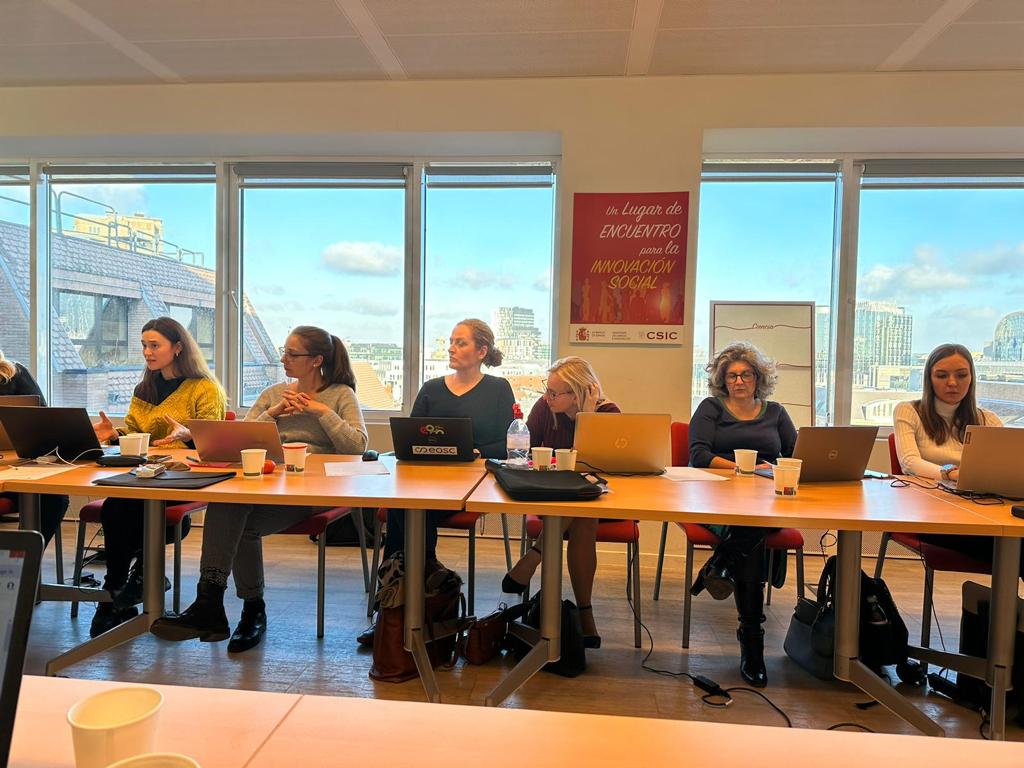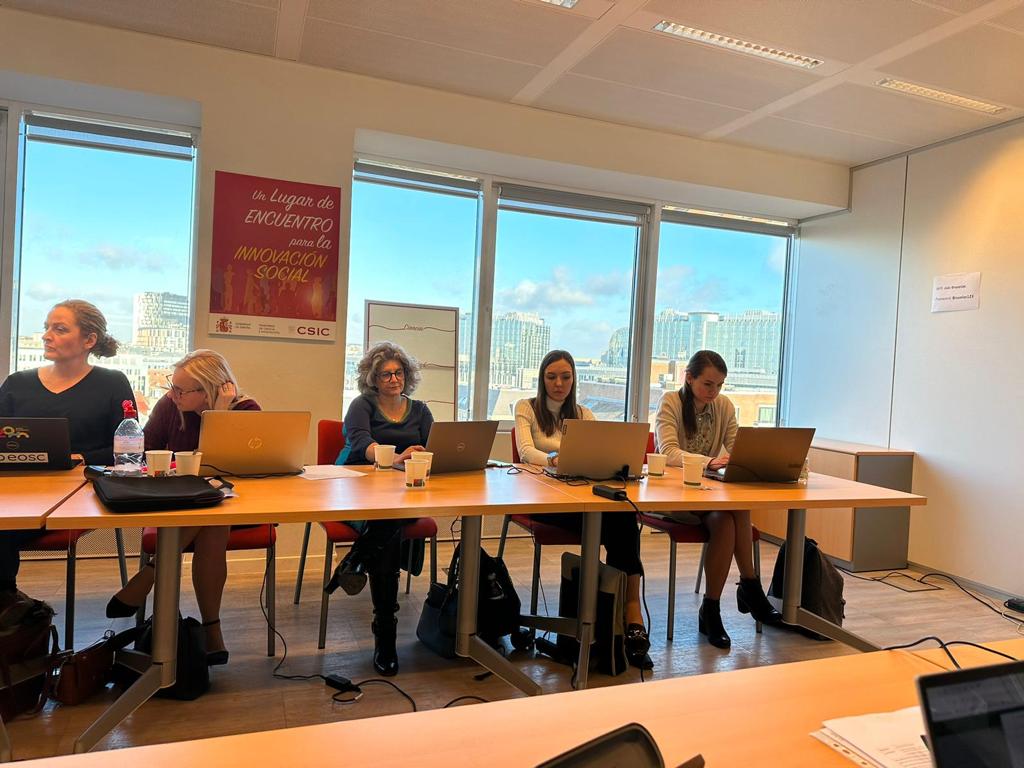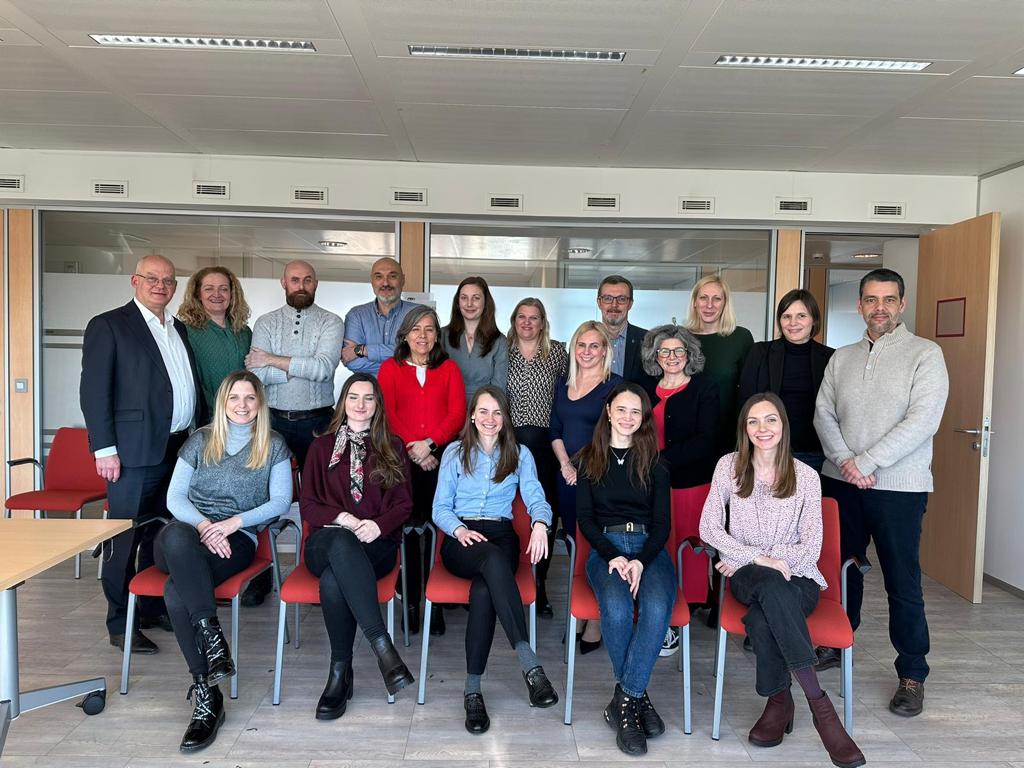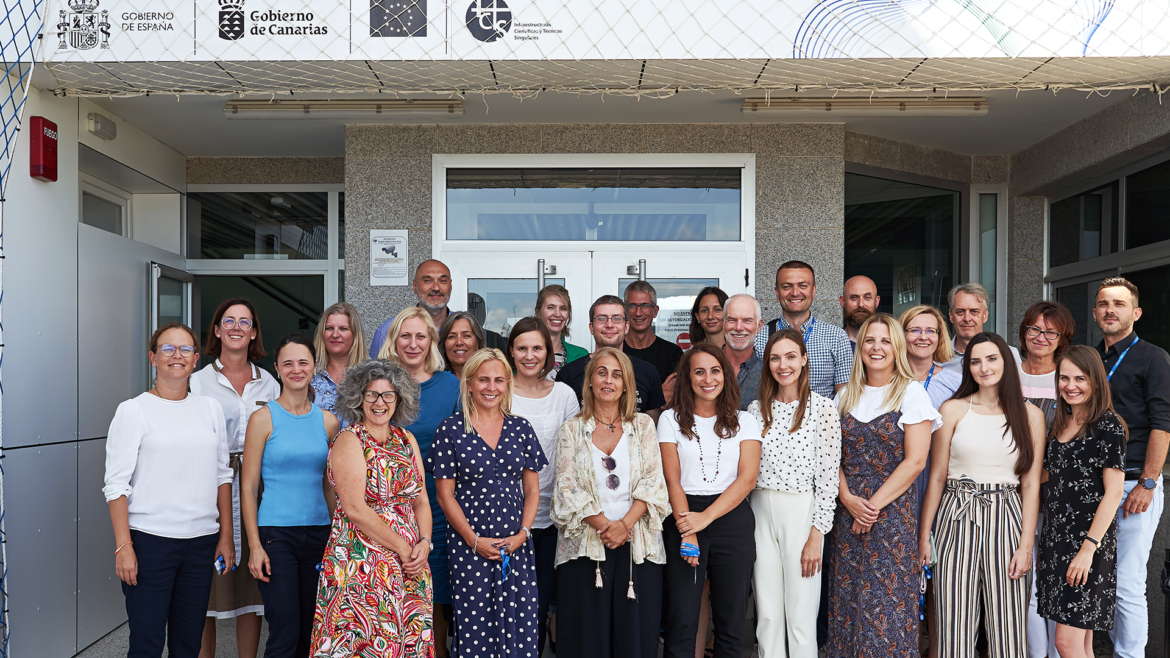Improving Research Assessment
Improving Research Assessment https://opusproject.eu/wp-content/uploads/2023/02/pexels-pixabay-159775.jpg 1 1 Open and Universal Science (OPUS) Project https://opusproject.eu/wp-content/uploads/2023/02/pexels-pixabay-159775.jpgThe importance of research in advancing knowledge and understanding in various fields cannot be overemphasized. However, the process of assessing research quality and disseminating research findings to the wider public remains a challenge. In recent years, there has been a growing call for improving research assessment and providing more accessible access to free knowledge. This article discusses some strategies that can be adopted to achieve these objectives.
One of the most significant challenges in research assessment is the overreliance on quantitative metrics such as journal impact factor, citation counts, and h-index. While these metrics can be useful indicators of research quality, they are often used as the sole criterion for evaluating researchers and their work. This approach is flawed because it fails to take into account other important factors such as the impact of research on society, interdisciplinary collaborations, and the engagement of researchers with the wider public. To improve research assessment, a more holistic approach that considers multiple metrics and qualitative indicators should be adopted.
One possible solution is the adoption of the San Francisco Declaration on Research Assessment (DORA), which was developed in 2012 by a group of editors and publishers of scholarly journals and scientific societies. DORA emphasizes the need to evaluate research on its own merits rather than relying on journal-based metrics. It also encourages the use of a range of indicators, such as the societal impact of research, the quality of publications, and the development of new methods and tools.
Another critical aspect of improving research assessment is to ensure that research findings are more widely available to the public. Currently, many research articles are published in journals that are behind paywalls, making them inaccessible to the general public. This limits the dissemination of research findings and restricts the potential impact of research on society.
To address this issue, open access publishing can be adopted. Open access publishing allows anyone to access research articles without the need for a subscription or payment. This approach can be achieved through two main models: the green model and the gold model. The green model involves authors depositing their pre-print or post-print versions of the article in a public repository or institutional repository, while the gold model involves authors publishing their work in open access journals.
Another way to increase the accessibility of research findings is through the use of preprint servers such as arXiv and bioRxiv. Preprint servers allow researchers to share their research findings before they are peer-reviewed and published in a journal. This approach allows for rapid dissemination of research findings and facilitates collaboration among researchers. However, it is important to note that preprints should not be seen as a substitute for peer-reviewed publications.
Lastly, improving research assessment and providing more accessible access to free knowledge is essential for advancing knowledge and understanding in various fields. A more holistic approach to research assessment that considers multiple metrics and qualitative indicators should be adopted. Additionally, open access publishing and the use of preprint servers can increase the accessibility of research findings to the wider public. These strategies will help to ensure that research findings have a greater impact on society and contribute to the advancement of knowledge.




